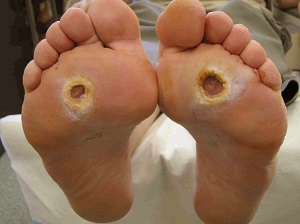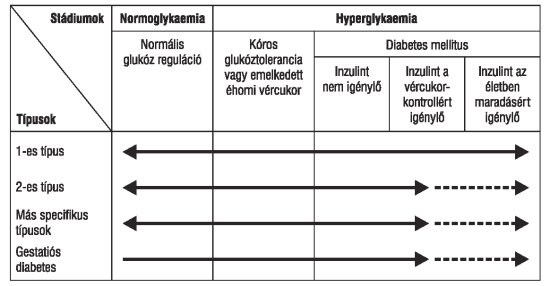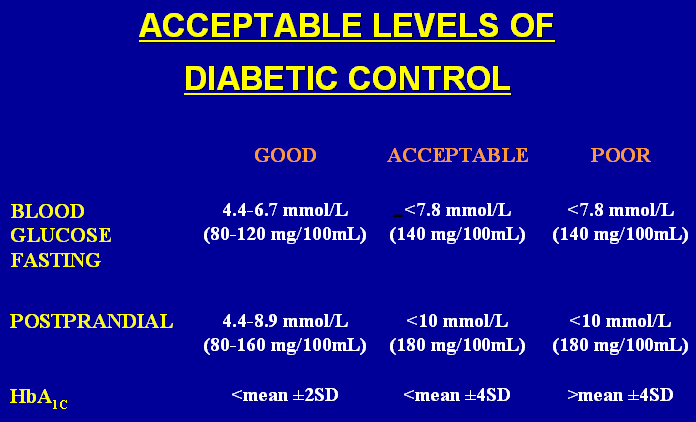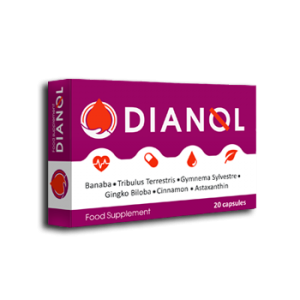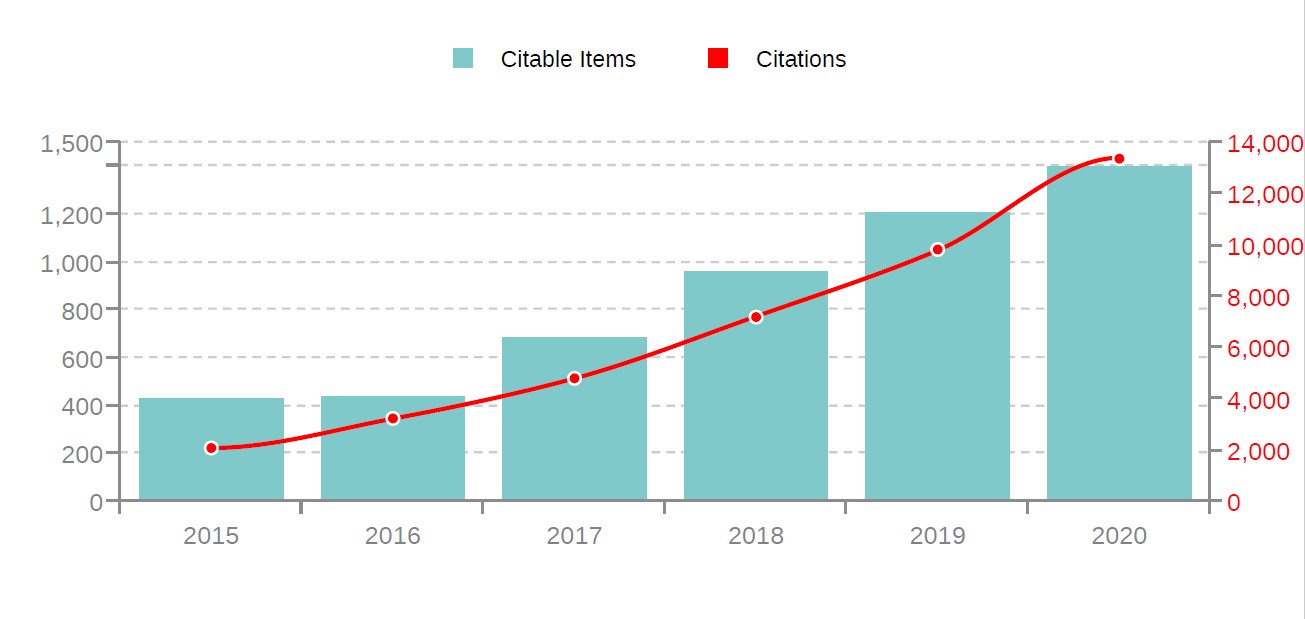Diabetes symptoms type 1 adults. Cukorbetegség és a szívbetegség - Capital Kardiológia Associates
Tartalom

Manny talks to Dr. Karin Hehenberger, chief medical officer of Coronado Biosciences, about current clinical trials to help patients For more than 20 years, scientists have been studying the theory of the hygiene hypothesis — the idea that organisms we might consider dangerous today were actually protecting our immune systems before modern medicine existed.
Subsequently, those who live in third-world countries also have a lower rate of developing these sorts of diseases.

Scientists at Coronado Biosciences are using diabetes symptoms type 1 adults biologic agents to treat autoimmune diseases, including helminthic therapy, the use of parasitic worms to modulate the immune system. Type 1 diabetes is a chronic disease, typically diagnosed in children and adolescents.
Joel Weinstock, professor and director of gastroenterology at Tufts Medical Center in Boston, began using parasitic worms on mice with a vast array of medical problems in the s: asthma, type 1 diabetes, MS and inflammatory bowel disease.
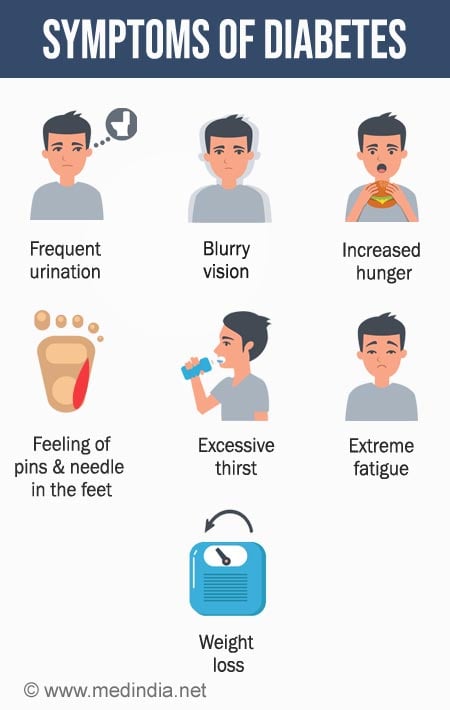
The one caveat: The worms can only stay alive in a human host for about two weeks, so the patients would have to take the TSO-based therapy bi-weekly. The diabetes studies have three different trials — two in prevention and one in intervention. The first two studies identify young people and children at risk for type 1 diabetes.

For part of the study, scientists are hoping to reset the immune system before the disease can occur. Hehenberger said the company is working closely with the U.
Food and Drug Administration, hoping to make the therapy as safe and effective as possible.

They cannot produce additional ova, they cannot grow or colonize the intestine.
